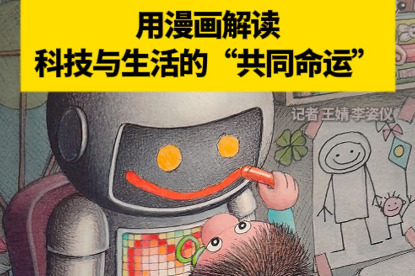Judiciary must help minors in distress: SPC
Financial assistance and psychological counseling deemed equally important

China's top court has called for stronger protection of children who have been injured or left in difficult situations as a result of legal cases, urging coordinated efforts to ensure a healthy environment for their growth.
On Wednesday, the Supreme People's Court released four cases in which courts provided judicial assistance — including financial aid and psychological counseling — for minors in distress. Their healthy development is crucial for family well-being, social stability and the nation's future, the court said.
In the disclosed cases, minors struggled after losing family members or being hurt during criminal incidents, requiring financial support for medical care and daily life.
In Chongqing, a girl was left in the care of her grandparents, both in their 70s, after her parents and older sister died in a traffic accident. A court had ordered the defendant to pay compensation, but the person's limited savings could not cover the family's basic living expenses.
The girl suffered severe psychological trauma and refused to attend school due to depression. Her grandmother sought treatment for her on multiple occasions, but the family faced financial difficulties and medical facilities were too far away.
To help her return to school and regain stability, the local court offered judicial assistance funds and worked with education authorities, civil affairs departments and women's federations to secure orphan subsidies. The court also coordinated with doctors to provide free consultations and emotional support, and arranged inpatient care at a major hospital.
"While financial support is crucial, addressing mental health and academic challenges is equally important," the top court said, praising the Chongqing court for integrating local medical and cross-regional treatment resources to ensure timely and quality psychological assistance.
In another case in Gansu province, a high school senior was injured in a criminal case, but the offender failed to provide compensation. The court discovered that the student's father has physical disabilities and the family was solely dependent on her mother's temporary work. Due to her injuries and the family's financial struggles, the girl considered giving up the college entrance examinations.
The court provided judicial assistance funds and asked judges to visit the family with daily necessities and emotional support. After the girl was enrolled in a university, her vision worsened due to illness and she required hospitalization. The court contacted the local women's federation to secure additional financial assistance.
The SPC said the Gansu case showed that judicial assistance must be targeted and sustainable, rather than a temporary measure.
Judicial assistance provides supplementary financial relief to people facing urgent hardships caused by legal cases when they cannot obtain adequate compensation through litigation.





































